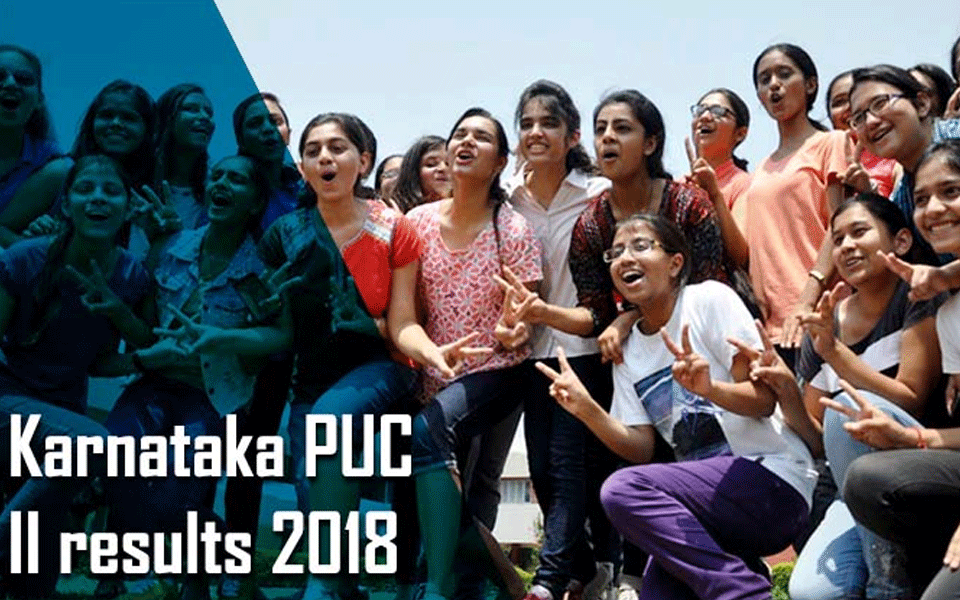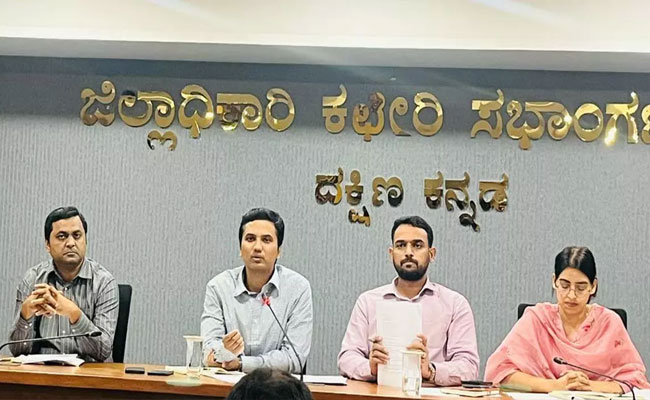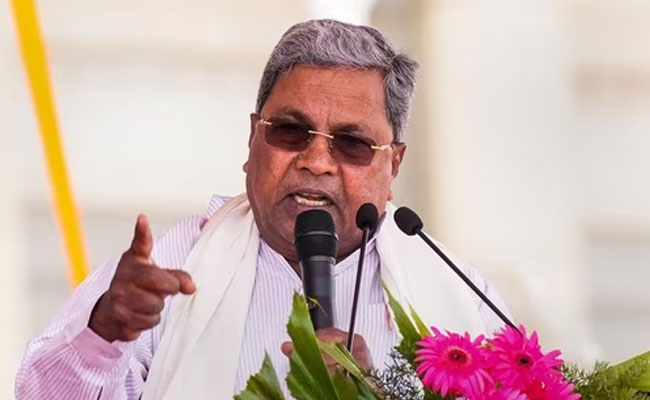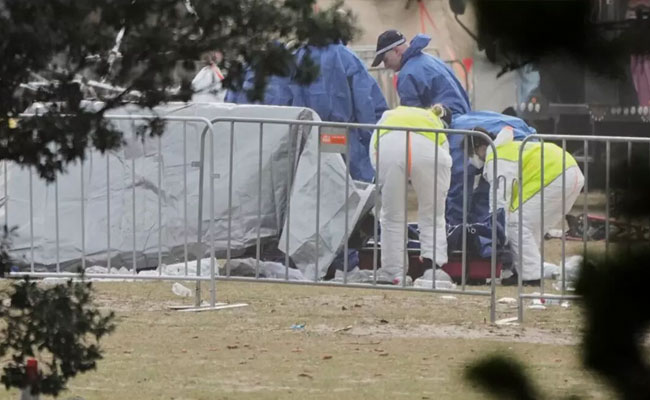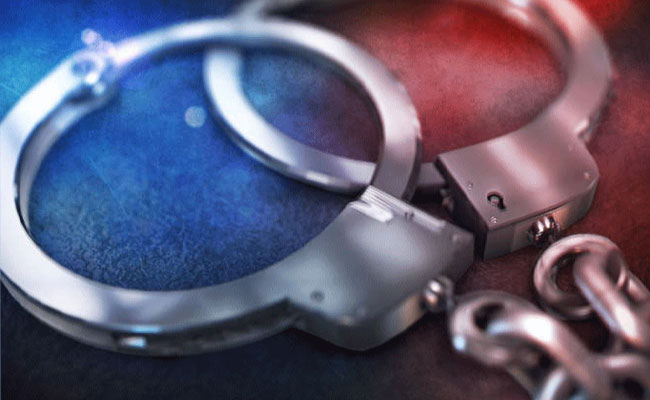Karnataka, July 26: The results for the pre-university 2nd supplementary examinations, which were conducted by the Department of Pre-University Education, Karnataka has been declared on Thursday at 1 pm. Students can check the official website — kar.nic.in, karresults.nic.in and pue.kar.nic.in. The annual exam results were released on April 30. A total of 6.90 lakh students appeared for the for the PUC 2nd exam which was held between March 1 and 17.
This year, 68 PU colleges have recorded 100 per cent passes, while in 118 PU colleges score 0. However, the overall pass percentage has improved with by 7.18 per cent from 52.38 per cent in 2017 to 59.56 per cent. A total of 3,37,860 female and 3,52,292 male students appeared for the PUC 2nd exam this year.
his year, the board had taken stringent security measures to prevent any sort of unethical practice. Every examination halls were kept under CCTV surveillance, and to prevent paper leak, each packet carried unique Quick Response (QR) codes.
AT A GLANCE | Karnataka 2nd PUC supplementary results 2018 declared: Websites to check result
Karnataka 2nd PUC result 2018: How to check
Step 1: Go to any of the websites mentioned above.
Step 2: On the homepage, click on the link for Karnataka II PUC results 2018.
Step 3: Fill in your registration number and other details.
Step 4: Your result will appear on the screen
Step 5: Download your results and take a print out of the same for further reference.
This year too, girls have outperformed boys by scoring 67.11 per cent while boys are at 52.3 per cent. The pass percentage of rural colleges is 59.95 per cent which is higher than urban colleges (59.45 per cent). Among streams, the highest marks are secured in the science stream which is 597 while 595 marks in the commerce and arts stream.
This year, PUC exams were preponed due to the Assembly Elections and was concluded on February 21. A total of 23,980 examiners are checking the papers this time. Last year, a total of 6,84,247 students appeared for the same out of which 54,803 gave PUC II for the first time and the exams were held from March 9 to 27. The results were declared on May 11, 2018.
Courtesy: indianexpress.com
Let the Truth be known. If you read VB and like VB, please be a VB Supporter and Help us deliver the Truth to one and all.
Mangaluru: This year’s Karavali Utsava will commence on December 20, with a wide range of cultural, adventure, and tourism-focused programs planned across Mangaluru and other parts of the Dakshina Kannada district, Deputy Commissioner Darshan H.V. said.
He was speaking while presiding over a Karavali Utsava preparedness review meeting held at the District Commissioner’s office.
The main event will be held at the Karavali Utsava grounds in the city. In an effort to promote beach tourism, special programs will be organised at six beaches across the district, which include Panambur, Ullal, Someshwara, Sasihitlu, Tannirbhavi, and the Blue Flag Beach.
ALSO READ: Udupi: Toddler slips from mother's hand while drawing water from well, dies
Outlining the schedule, the Deputy Commissioner said adventure sports will be held at Sasihitlu Beach, while a wine, cheese, and cake festival will take place at the Tannirbhavi Blue Flag Beach.
A music festival and triathlon are planned at Tannirbhavi Beach. Football, volleyball and other sports events will be organised at Ullal Beach, cultural programs at Panambur Beach, and a music evening and yoga program at Someshwara Beach.
In addition, food festivals featuring a variety of local and regional cuisines will be held at all beaches. The Kala Parba program and a flower and floriculture exhibition will be organised at Kadri Park, while a film festival is also planned in Mangaluru city.
A football tournament will be held at Nehru Maidan on December 27 and 28, and special programs will be organised at Pilikula Nisargadhama. To attract tourists, helicopter joyrides have also been arranged, the Deputy Commissioner said.
The review meeting was attended by Zilla Panchayat Chief Executive Officer Narvade Vinayak Karbari, Mangaluru Deputy Divisional Officer Meenakshi Arya, Deputy Commissioner of Police Mithun H.N., Deputy Conservator of Forests Antony Mariappa, and other officials.

